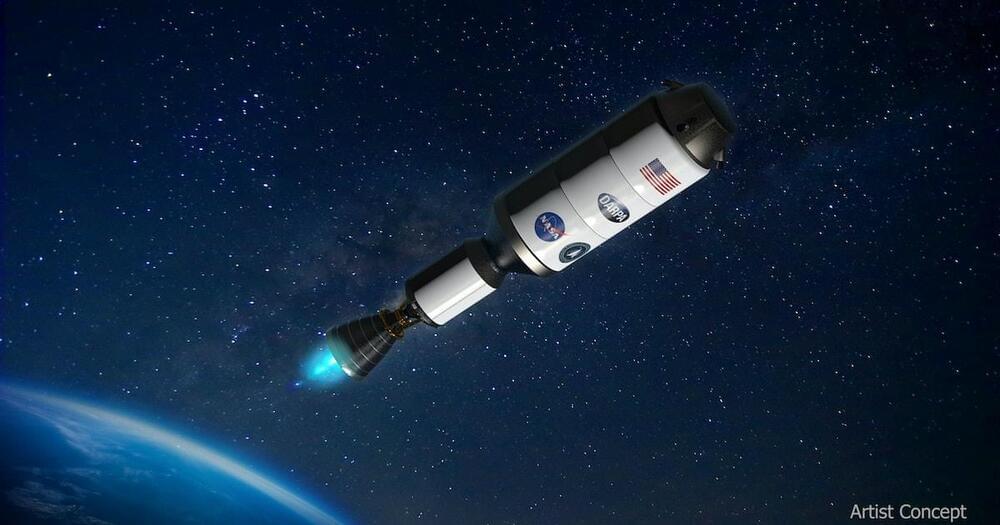An impressive new AI system from Google can generate music in any genre given a text description. But the company, fearing the risks, has no immediate plans to release it.
Called MusicLM, Google’s certainly isn’t the first generative AI system for song. There have been other attempts, including Riffusion, an AI that composes music by visualizing it, as well as Dance Diffusion, Google’s own AudioML and OpenAI’s Jukebox. But owing to technical limitations and limited training data, none have been able to produce songs particularly complex in composition or high-fidelity.
MusicLM is perhaps the first that can.






